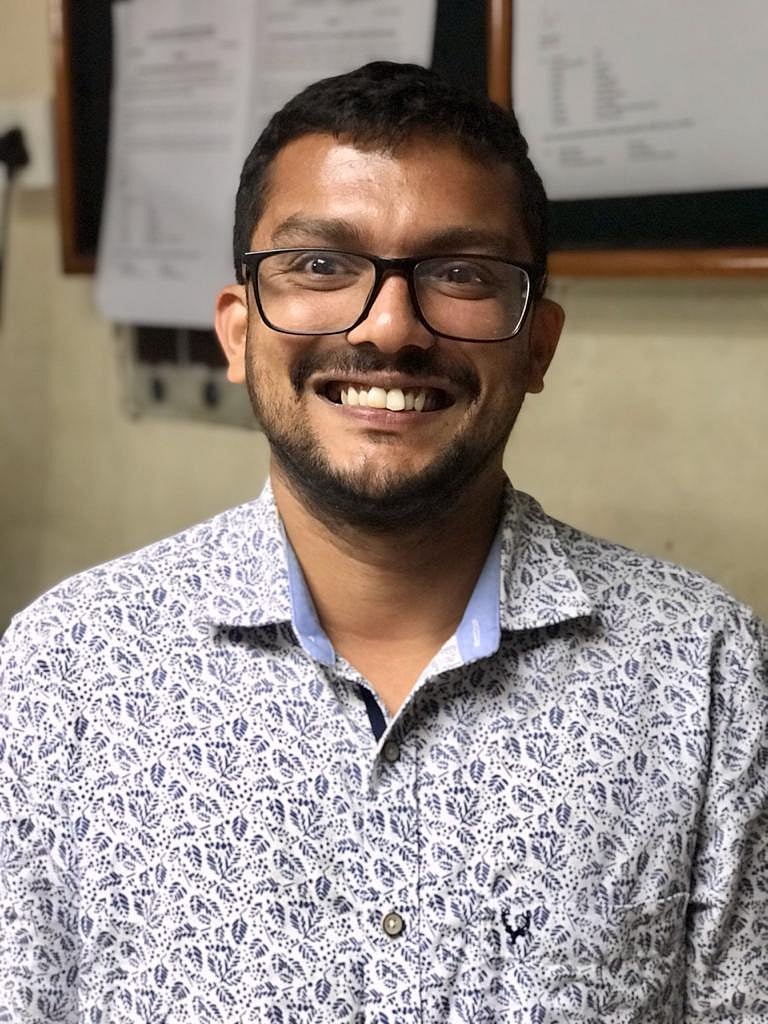Indian theatre can afford to get more risque: Stuckl
None of the members of ‘Junge Riederinger’ (Young villagers of Riedering), a German folk troupe would have dreamed of performing at Chikka Gadiyara in the city, if not for the large-heartedness of theatrical genius, Christian Stuckl.
Stuckl, Director of Volks Theatre, was asked in jest by the Riedringer to take them on a trip to India with his prize money, after he won the Munich Theatre Award recently. Stuckl, who has been visiting India regularly since 1994, gladly obliged.
Prior to the performance of Junge Riederinger, which provided a peep into the German folk music culture, Stuckl spoke to Deccan Herald at Rangayana, about his relationship with India, the competition faced by theatre due to movies, and the difference between theatre in Germany and India.
Stuckl, who had choreographed the opening ceremony of FIFA World Cup 2006, held in Germany, said that he has been in love with India, since he first visited here two decades ago. The reason for his pull towards India, especially Mysore, he said, “was the difference in landscape”. Apart from it, his interaction with the theatre personality B V Karanth, during his first visit also encouraged him to come back, he added.
Having regularly visited the city in the past two decades, he said that he was shocked to find many of the old heritage buildings being demolished. “When I first came here 20 years ago, there were many heritage buildings that added to the beauty of the city. Now, they have been replaced by concrete structures,” he said.
Theatre
Noting the differences between theatre in India and Germany, he said that there was a considerable base for theatre in Germany.
“Bavaria, which is a small part of Germany, has five to six acting schools. In Germany, there are around 200 theatres sponsored by the government, whereas the number of theatres in Karnataka is just six. While theatres in Germany have shows everyday, it is not so here,” he said. Movies are competition for theatre around the world. “Even in Germany too, we have to work hard to attract the audience. Moreover, there is competition from other big theatres. But, if you make good theatre, then people come,” he said.
Stuckl, whose Volks Theatre attracted 1,30,000 people last year said that a lot had been invested on stage design. Stage is almost non-existent in India, while in Germany, it is one of the important aspects of the performance, he said.
Kissing on screen
Indian theatre and its artists should come out of some constraints, such as hesitation to kiss on screen. “When I directed one Shakespeare play in 1994, I was directing a scene where two actors had to kiss, which they declined to do. Karanth too opined that kissing on stage was not a good idea. But, I think, if people kiss on stage, then some audience might turn up, at least to see the kiss,” he quipped.
Stuckl is also famed for his passion play, which is staged once every ten years and is witnessed by dignitaries around the world.
Riederinger
June Riederinger are part of Volks theatre and have collaborated for several performances with the Volks theatre. Although the folk music band has 14 musicians, only ten were part of the trip sponsored by Stuckl.
Dressed in Lederhosen, the traditional dress for men in Bavaria, the troupe entertained a sizable crowd near Chikka Gadiyara, before the rains played spoil sport. The bass trumpet, tuba, French horn and flugel, accompanied by the traditional form of singing, amused and entertained the gathered crowd.
